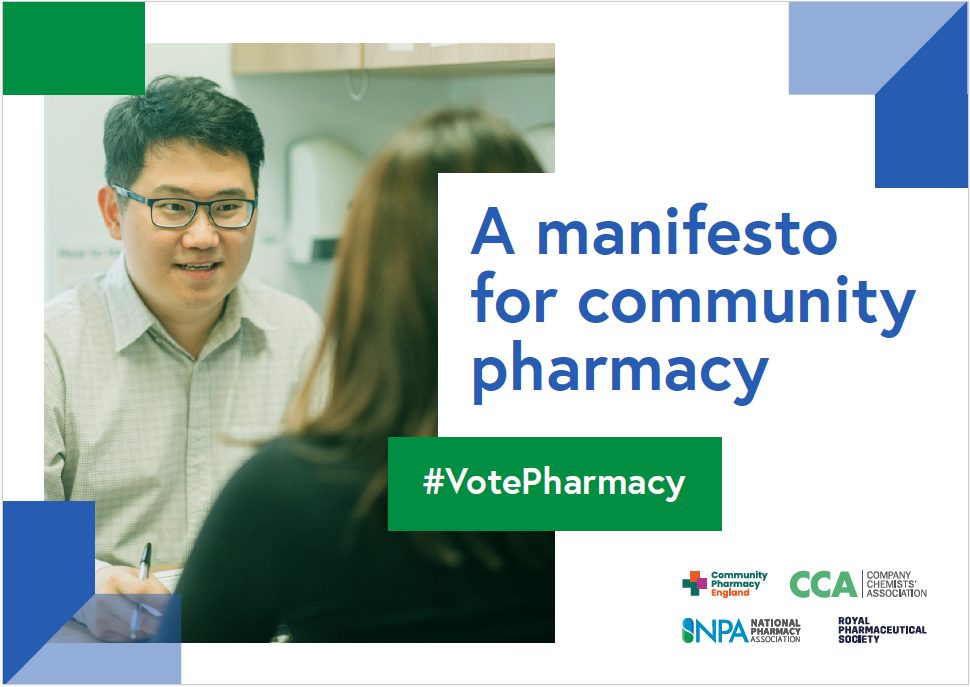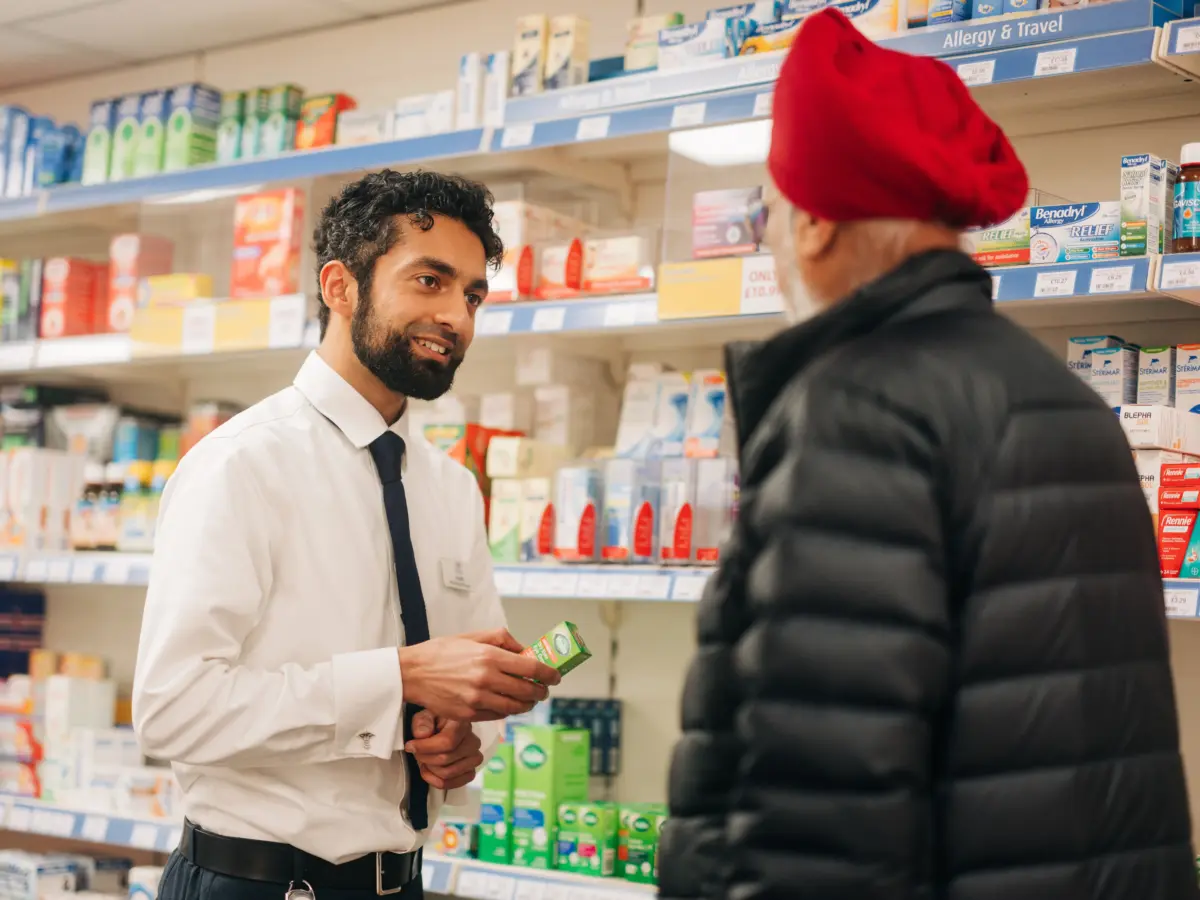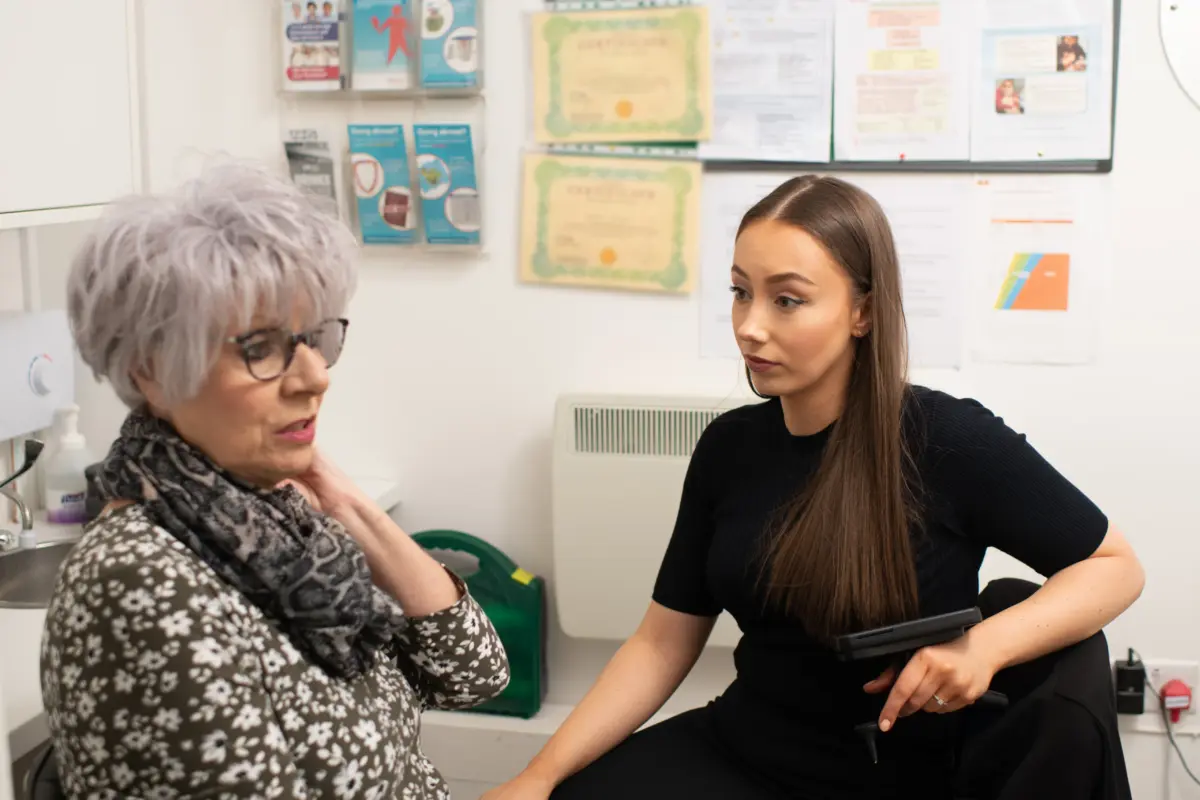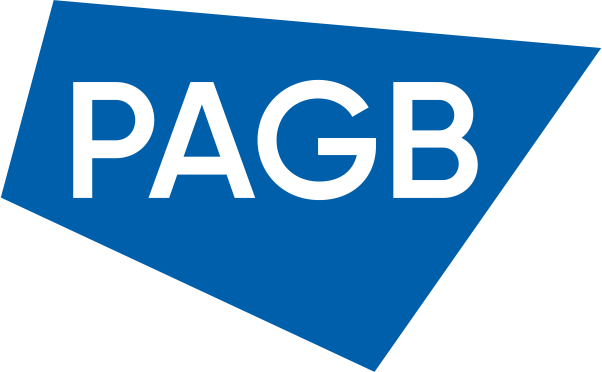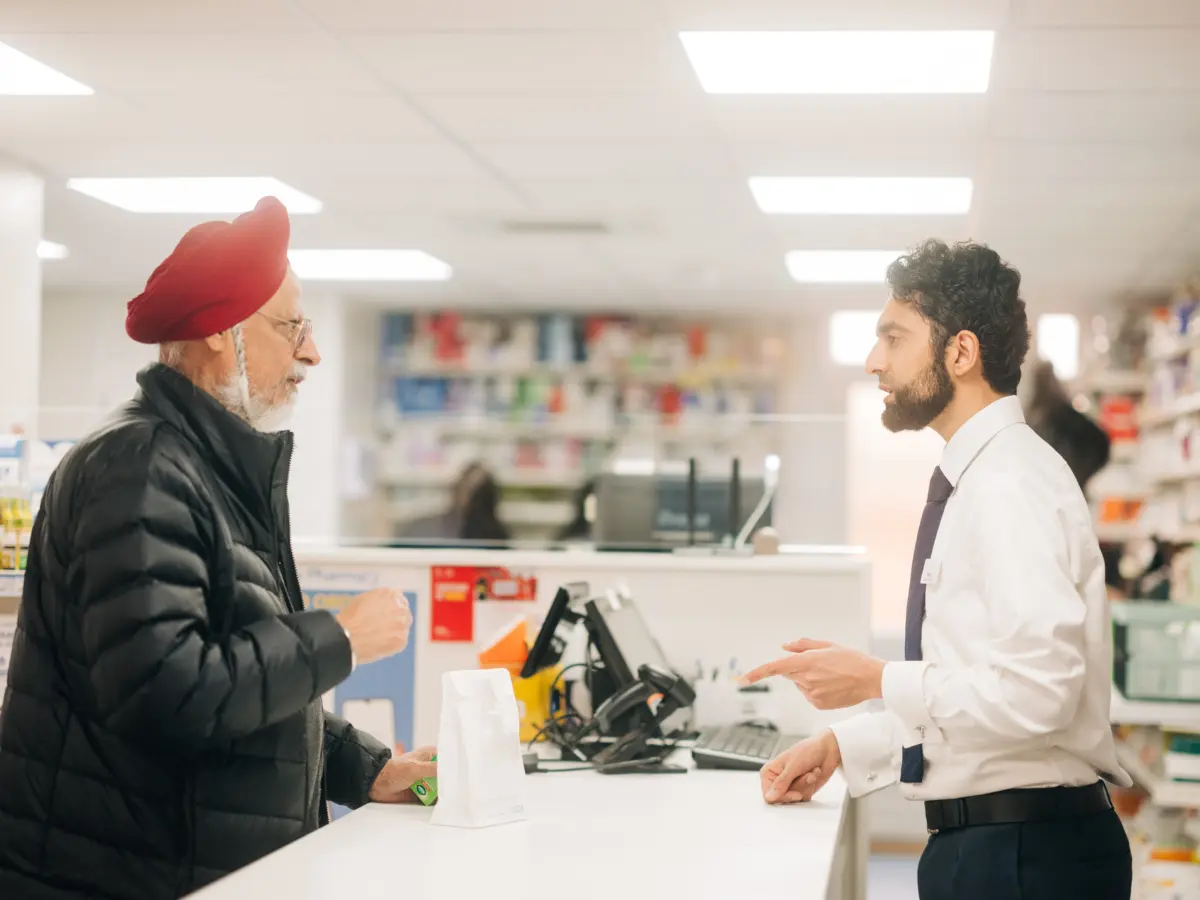Service case study: Hep C testing pilot for socially isolated group gains ministerial support
Published on: 24th May 2018 | Updated on: 28th March 2022
Nine community pharmacies in London took part in the London Joint Working Group on Substance Use and Hepatitis C pilot with the aim of providing point-of-care Hepatitis C virus (HCV) testing to people accessing needle and syringe programmes.
Although comprehensive testing and referral routes already exist, they are not far-reaching enough for those who are not engaged or are intermittently engaged with community drug services. It was therefore determined that pharmacies that offer needle and syringe programmes could also provide opportunistic point-of-care HCV testing.
What did the service involve?
The pilot involved community pharmacy teams conducting oral swab tests on needle and syringe programme users. All those who accepted a test were provided with pre-test counselling and literature on HCV. Test results were available within 20-40 minutes and service users could either wait for them or return at a later time. In order to encourage return for the rest results, service users were offered a voucher for a high street supermarket. Service users who tested positive were referred directly to a secondary care service for further testing and treatment if required. Those who tested negative were advised to re-rest in 3-6 months’ time.
What does the evaluation show?
A total of 178 tests which fulfilled the inclusion criteria were completed from 18th October 2017 to 20th March 2018. Key findings in the evaluation include:
- 53% tested positive for HCV antibodies and 47% of these were told for the first time that they were HCV antibody positive;
- 78% of those engaging with further assessment in secondary care had chronic HCV and were HCV ribonucleic acid positive;
- 57% of those tested did not know that interferon-free treatment was available; and
- 84% of those tested would prefer to receive HCV antiviral therapy in the community pharmacy they visit for the needle and syringe programme.
Next steps
There is potential for pharmacies that have been successful in recruiting and testing patients who have Hepatitis C to start offering treatment within the pharmacy itself. By moving HCV treatment into pharmacies that offer the needle and syringe programme, the rates of those in this high-risk group receiving treatment should increase, moving the UK closer to the NHS England and World Health Organization targets to eliminate Hepatitis C as a public health risk.
Commenting on the service, Pharmacy Minister, Steve Brine MP said: “We are working hard to eliminate Hepatitis C as a public health issue by 2025, five years ahead of the World Health Organization target.
“Innovative testing initiatives in the community are essential if we are going to diagnose and treat everyone who has Hepatitis C, a virus that disproportionately affects some of the poorest and most marginalised groups in society.”
Rekha Shah, Chief Executive of Kensington, Chelsea & Westminster LPC, said: “This project is another great example of how community pharmacists and their teams can support the health of their local communities and engage with people who may be reluctant to go to their GP. Their ease of access over long hours along with their proactive approach to health and wellbeing enables pharmacies… to really ‘reach’ and support vulnerable groups to access healthcare they need but either don’t know about or have difficulty in accessing.”
More information on this service and other blood-borne virus screening services can be found on the Community Pharmacy England Services Database



